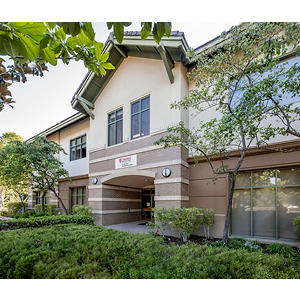
Anna Sokalska, MD, PhD
Clinical Assistant Professor
Reproductive Endocrinology and Infertility
Locations

1195 West Fremont Avenue
Sunnyvale, CA 94087
Phone : (650) 498-7911
Conditions
Assisted Reproduction
Fertility Preservation
IUI (Intrauterine Insemination)
IVF (In Vitro Fertilization)
Infertility
Oncofertility
Ovarian Suppression
Ovarian Tissue Banking
Robotic Infertility Surgery
Sperm Banking
Testicular Tissue Banking
Work and Education
Poznan University of Medical Sciences, Poznan, Poland, 07/21/1999
Hospital of the University of Pennsylvania Obstetrics and Gynecology Residency, Philadelphia, PA, 6/19/2016
Hospital of the University of Pennsylvania REI Fellowship, Philadelphia, PA, 06/30/2019
Obstetrics & Gynecology, American Board of Obstetrics and Gynecology, 2017
Reproductive Endocrinology and Infertility, American Board of Obstetrics and Gynecology, 2021
Languages
English
Polish
Connect with us:
Download our App: